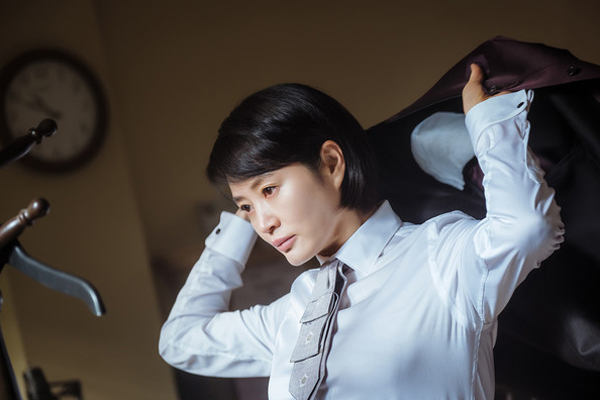
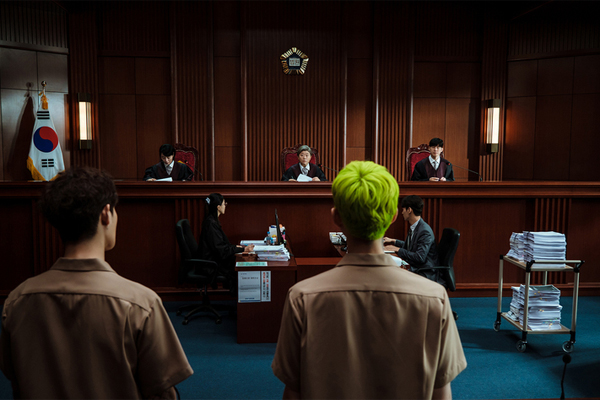
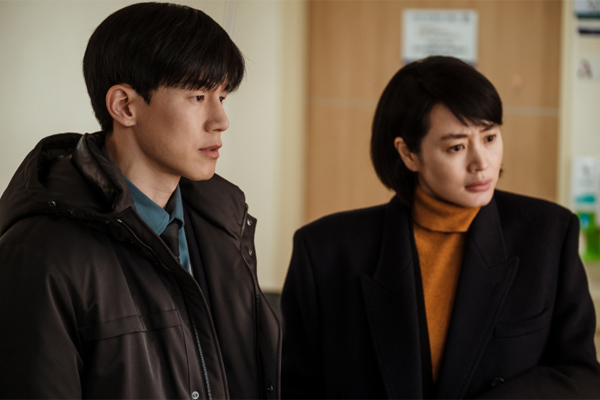
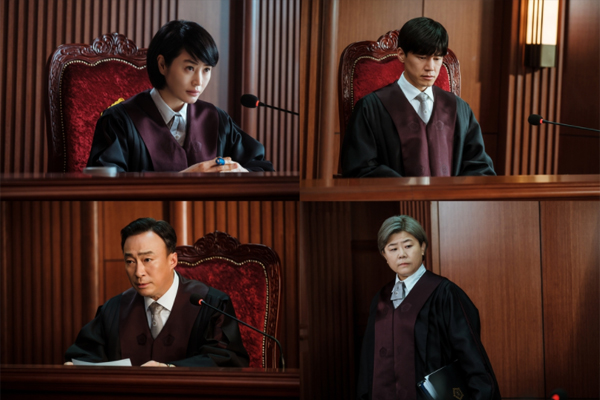
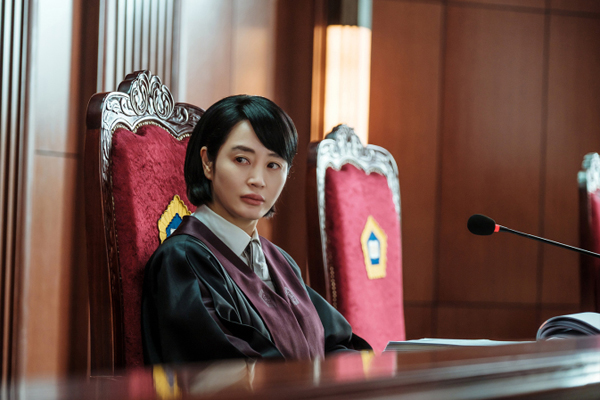
"I can't adapt to a boy case, I always do." In the Netflix original series, Juvenile Justice, Judge Kim Hye-soo tells Judge Cha Tae-joo that. This is probably not much different from the ambivalence of viewers about the story of the drama 'Boy Crime' just under the title <Juvenile Justice>.
This uncomfortable feeling arises from the introduction of the first case of Juvenile Justice, which embroidered at the age of 13 by showing a bloody axe that he had killed an 8-year-old elementary school student and damaged his body and used it as a weapon. Is this a boy case and can punish a cotton bat according to the juvenile law? But is it okay to punish a young boy for the same murder as adults as a subject of punishment rather than edification?
In fact, Juvenile Justice is enough to give us a preconceived notion that it is filled with uncomfortable and stimulating stories in that it brings out the juvenile events that cause these ambivalent feelings to us. But this is just preconception. <Juvenile Justice> makes you feel some anger feelings by dealing with uncomfortable events, but it is not a drama that pursues a simple way of judging and condemning it, nor a drama that brings out the frustrating sweet potato reality.
Rather, it is a drama that lets us look closer to this problem that we felt vaguely uncomfortable because we were leaving it a little far away, and it makes us think about some alternatives through the actions of this judge, Shim Eun-seok. In addition, Judge Shim Eun-seok is so cold that he says, "I hate boys." He does not make or judge emotionally wielded judgments because the subject of the ruling is a boy. There is, of course, a wound somewhere behind it, and it seems to be a cold face that never laughs to cover it, but in fact it is a warm judge.
Recently, dramas dealing with courts or crime thrillers are frequently featured in 'lawful boys'. But if such dramas were often treated as stimulating the brutal juvenile crime that uses the law of "provisional boys", <Juvenile Justice> digs into the essence of the problem deeper than that. The troubles of the judges facing in reality are pondered, and I feel the troubles of the artist who tries to dissolve them with drama fun by covering them closely.
It is a drama that has an immersive feeling that can not be taken off once you start to look at the uncomfortable prejudice of the material for a while. The immersion is made possible by creating attractive characters and adding dramatic composition while the artist brings this serious problem. Shim Eun-seok, a character and Kim Hye-soo, who plays it, is a pillar of this work. He is the person who guides viewers to immerse themselves in the character, irritate and cool, but at the same time sad and sometimes sad.
The cool and grand appearance of Judge Shim Eun-seok, who never bends in front of the manager with a tremendous charisma, creates a sense of balance in this controversial story by making a stark contrast with Judge Cha Tae-joo, who is so warm and tries to look at the case with him from the perspective of children. In addition, the episode also draws attention first with a powerful murder case at the beginning, but then a domestic violence episode as the reason for such juvenile crime to take place, and then an episode that deals with the realistic problems of the Protection Center as a safety net of society that protects and cares for these boys.
In other words, it is not a simple episode list, but it makes the issue look deeply by developing episodes with more stereoscopic and in-depth issues about juvenile crime. The episodes at the Youth Recovery Center four and five times and the ambassadors made by the center director there are examples of this deep approach to the drama. "When you get hurt at home, they abuse you, commit crimes you usually don't do, or hang out with bad kids. They know. They know you shouldn't. To abuse me, I want my pain to hurt my family. Look at me, I'm hard, why don't you know? Most of the flight starts with a family."
The things that boys do or say are close to violence that can not help but be angry, but when you look behind it, there is a shadow of indifference and even violence in the parents. And this is not just a matter for parents. There are problems that the state and society have to deal with. Judge Shim Eun-seok, even if it is actually supported by the state's support, eventually sharpens the reality of boys being left to facilities such as a youth recovery center where the sacrifice of any individual is secured. “In other words, it means that the state is only relying on the sacrifice of the individual to do what it has to do.
A dramatic composition that adds a unique character that gives a sense of immersion that can not be driven at night, an episode from deep coverage, and a writer's formidable writing power. <Juvenile Justice> is a well-made drama that allows you to see the problem of 'boy crime' in depth through the experience of various emotions like waves. The work is good, but Kim Hye-soo's Acting is also a 'overkill' because he feels the power to make his ambassadors nervous and fall into one action.